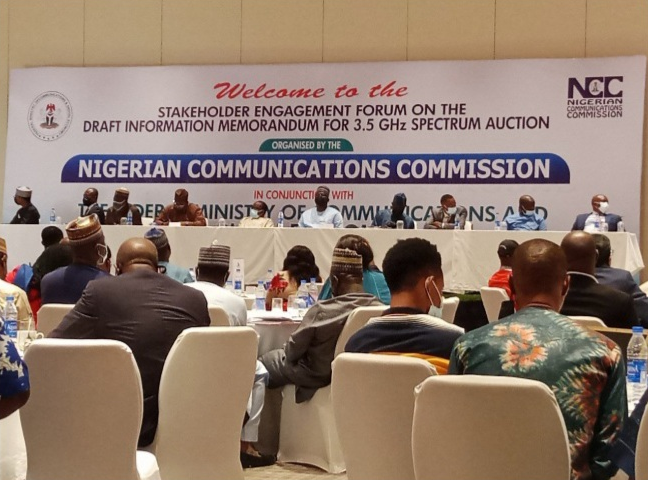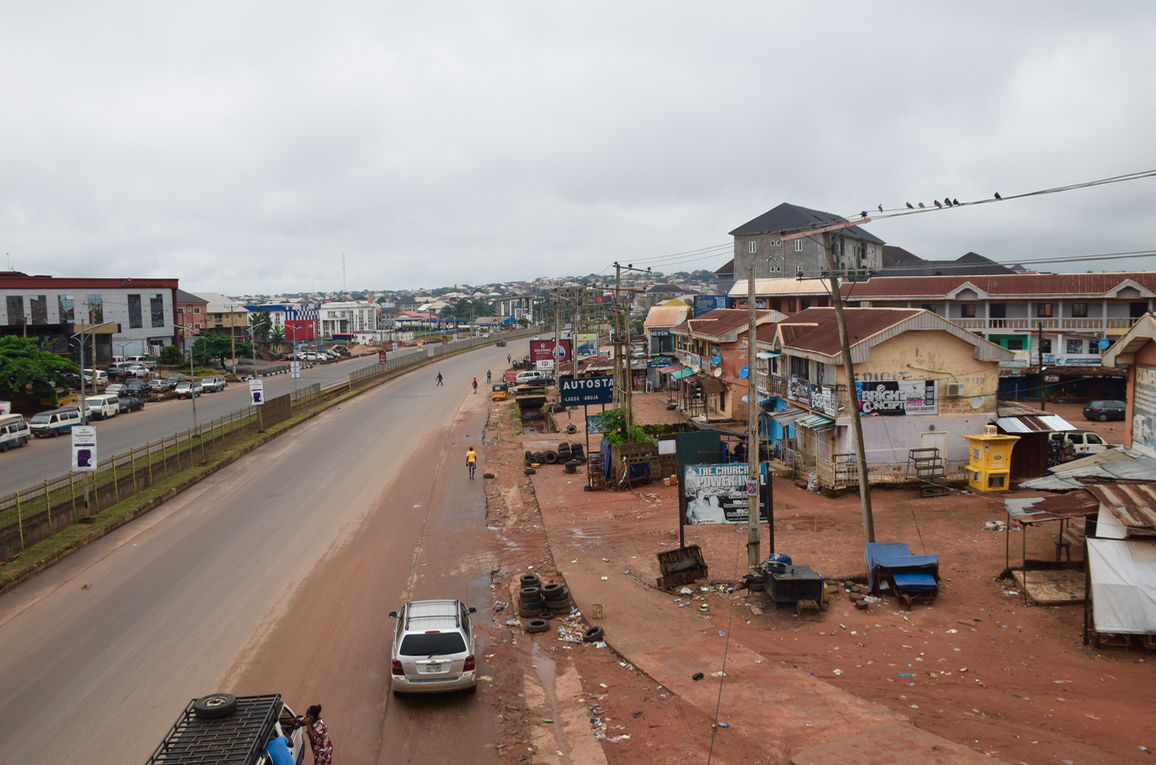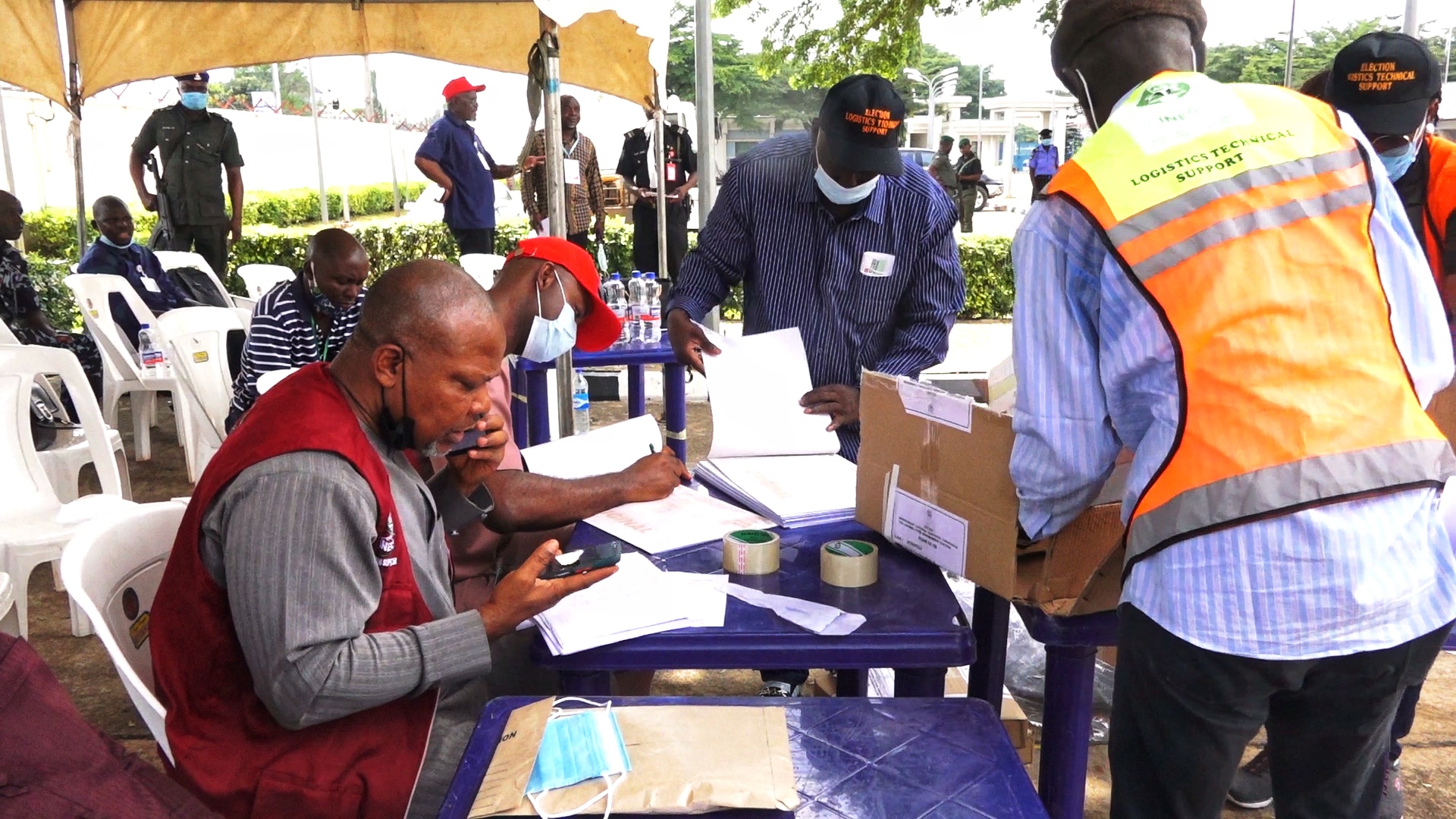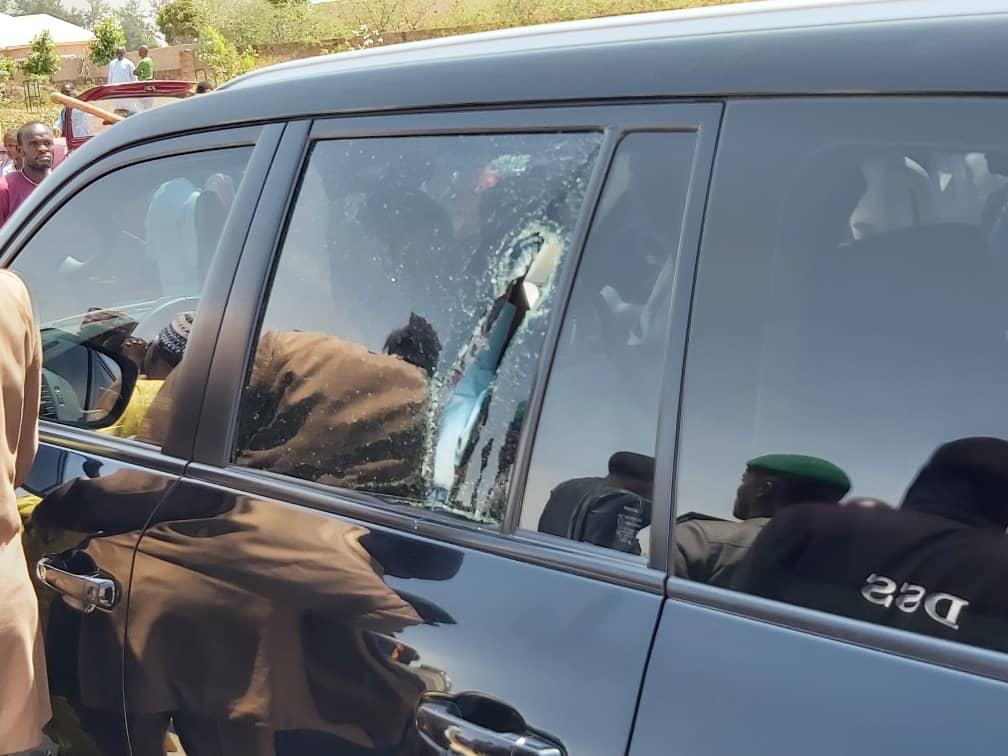Telecommunications operators have called on the Nigerian Communications Commission (NCC) to reduce the $197.4 million (N75 billion) reserve price set for the planned auction of the 3.5GHz spectrum.
They disclosed this on Thursday in Lagos during a stakeholders’ consultative forum organised by the NCC.
A reserve price is a minimum amount that a seller will accept as the winning bid. In bidding, it prevents a bidder who offers a price lower from winning the auction.
The NCC had fixed December 13, 2021, for the 3.5GHz spectrum auction, which is necessary for the rollout of the 5G network in Nigeria.
Advertisement
Speaking at the forum, Gbenga Adebayo, chairman, Association of Licensed Telecoms Operators of Nigeria (ALTON), said the reserve price is expensive for the operators due to the huge investments needed for robust 5G rollout in the country.
Adebayo appealed to the government to make the spectrum licence as affordable as possible so that the country could maximise all the potentials of 5G technology when rolled out.
“We assure you that as we proceed, we will do all we can as a sector to ensure that 5G succeeds,” he said.
Advertisement
“For us in the sector, we are most concerned about the cost of 5G. This new direction will require a lot more investment, and the current infrastructure might not be sufficient and efficient for it.
“So, we need to address the issue of cost. In order not to have 5G that is only glamorously deployed and not efficient, we need to address the issue of cost.”
The operators, including MTN, Airtel, Intelsat, among others, expressed concerns to the commission on the reserve price, the longevity of the spectrum licence, the auction process, the requirements and rollout obligations.
They argued that if the reserve price remained high, it would discourage operators from participating in the auction process.
Advertisement
Similarly, the Global System for Mobile Communications or the GSM Association (GSMA), which represents the interests of mobile operators, warned that the high spectrum price might affect the plan to achieve affordable internet access for a large portion of the populace.
The GSMA added that a licence tenor of about 15 years should be considered if the spectrum price is to be sustained.
While the NCC was considering a 10-year period for the duration of the spectrum, some of the operators want the NCC to extend it to 20 years to enable winners of the spectrum to have enough rollout time to utilise the spectrum in offering telecoms services to subscribers.
Responding to the operators’ demands, the NCC said the base price for the spectrum was fair, adding that the agency had considered several factors when it came up with the price.
Advertisement
The commission, however, said that it would consider the licence’s life span.
Advertisement






